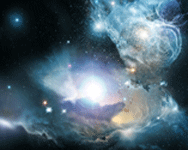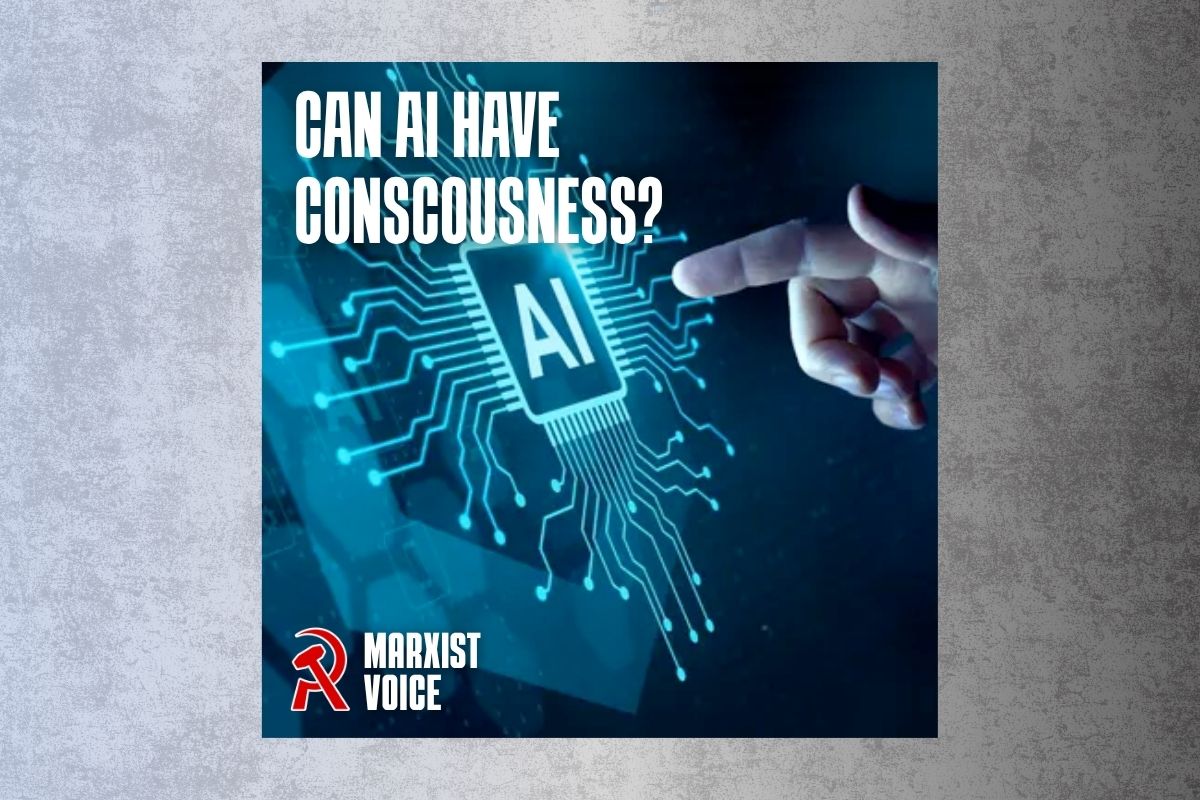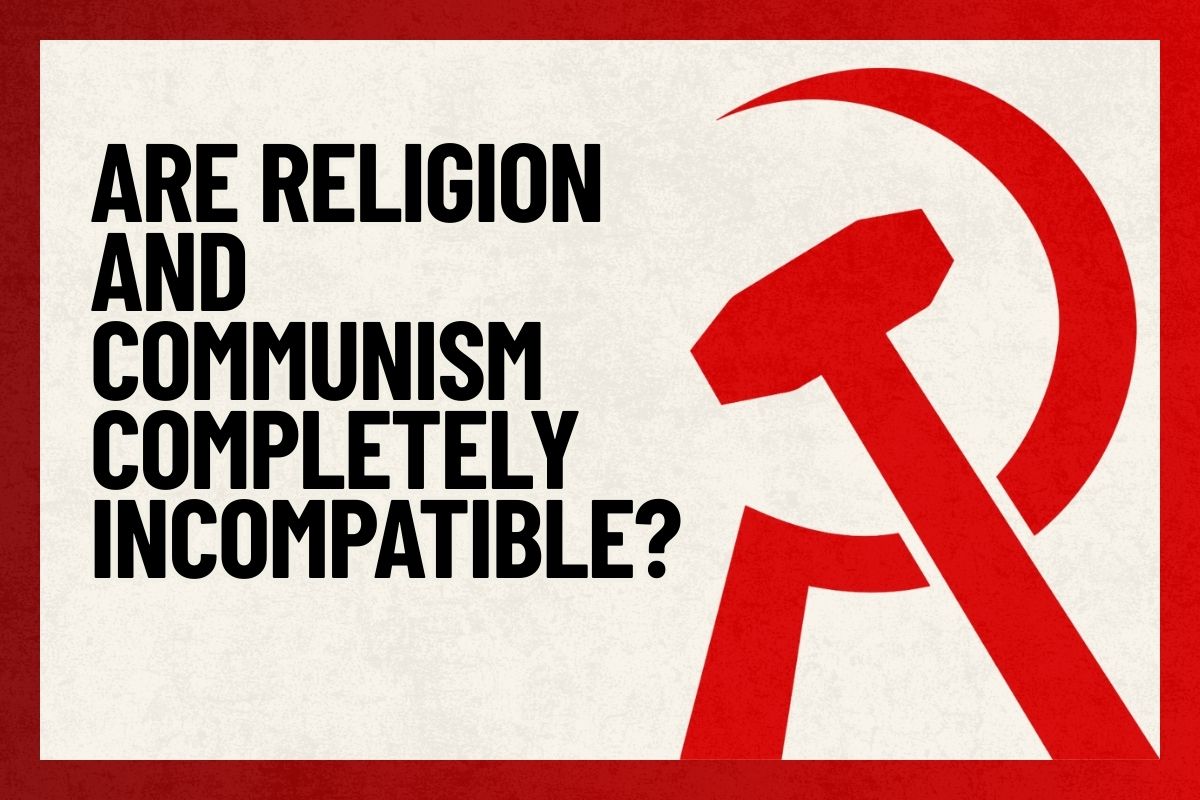Intelligent
design presupposes an intelligent designer. This means God. Here is how Alan
Woods criticizes the theory of intelligent design in his introduction to the
second edition of Reason in Revolt.
“Intelligent
design is merely the resurrection under a more plausible name of the
Creationist movement, which in the USA involves millions of people and is
backed by some scientists. The ideas of Darwin are being challenged in the USA
by supporters of the so-called intelligent design theory. They demand that
American schoolchildren be made to read the First Book of Genesis as an
alternative "theory" to Darwinism. If this movement were to succeed,
we would be back in the Dark Ages when men and women prostrated themselves
before graven idols and burnt witches at the stake.“The
revelations of the Human Genome Project have cut the ground from under the feet
of the reactionaries. It has decisively settled the old "nature"
versus "nurture" controversy. It shows that the number of genes in
humans is not more than 23,000. This has shattered the case for
biological-genetic determinism at a single stroke. The relatively small number
of genes rules out the possibility of individual genes controlling and shaping
behaviour patterns such as criminality and sexual preference.“We share
our genes with other species going far back into the mists of time. Evolution
is very economical. It constantly fashions new genes from old parts. Thus, the
idea of the supporters of "intelligent design" theory that humans are
a special creation of God is exploded. Human beings have only about 3,000 more
genes than the humble roundworm, a creature with a body of 959 cells, of which
302 are neurons in what passes for its brain. By contrast, humans have 100
trillion cells in their body, including 100 billion brain cells.“Thus, the
human genome holds important philosophical and political implications. The
biological determinists insisted that in some way genes are responsible for
things, like homosexuality and criminality. They attempted to reduce all social
problems to the level of genetics. We criticised these false theories in the
first edition of Reason in Revolt, but at that time we had no means of
knowing that in a few years their unscientific character would be so clearly
demonstrated.
“As I wrote in the preface to the second Spanish
edition in 2001, "The latest discoveries have finally exploded the
nonsense of Creationism. It has comprehensively demolished the notion that
every species was created separately, and that Man, with his eternal soul, was
especially created to sing the praises of the Lord. It is now clearly proved
that humans are not at all unique creations. The results of the Human Genome
Project show conclusively that we share our genes with other species – that
ancient genes helped to make us who we are. In fact, a small part of this
common genetic inheritance can be traced back to primitive organisms such as
bacteria."
In the 13th century, the Catholic theologian Thomas Aquinas,
in observing the rich, beautiful and complex world around him observed, “We see
that things which lack knowledge, such as natural bodies, act for an end, and
this is evident from their acting always, or nearly always, in the same way, so
as to obtain the best result.”
From Aquinas’ point of view this motion, which
apparently acts always towards some “best result”, is the effect of an
intelligent designer standing outside of our world. In Medieval Italy this
designer was of course the Roman Catholic God. Since the slow feudal epoch of
St. Aquinas however, science and technology have developed by leaps and bounds;
spurred on by the needs of industry and the profit motive of the modern
capitalist.
As mankind has brought the great forces of nature
under our control, we have also demystified and exposed the entirely natural
origins of previously mystical and wondrous phenomenon. During the 1980s and 1990s,
advances in chaos and complexity theory began to demonstrate a fact understood
more than a century and a half earlier by the founders of scientific socialism,
Marx and Engels, that systems which show an apparently high degree of
complexity or “design” do not require the hand of a creator but emerge naturally
from the apparently mundane interacting and contradictory forces at play inside
the system. It may come as a surprise to many then to find that in the field of
cosmology there are respected scientists groping towards the revival of the
mystical idea of intelligent design.
The “Anthropic Principle” was first proposed in
1973 by astrophysicist Brandon Carter during a lecture celebrating the 500th
birthday of the Polish astronomer Copernicus. Carter’s original proposition was
in opposition to the fetish which many in the scientific establishment had made
of Copernicus’ idea that we do not occupy a central position in the universe.
Considered historically, Copernicus’ ideas had represented a huge leap forward
in astronomy, putting the Earth in orbit around the sun instead of the sun and
the planets in orbit of the Earth. However, the “Copernican Principle” has now
become a tremendous block on developments in cosmology. With little supporting
evidence, it has now become the accepted wisdom amongst cosmologists that if
nowhere is particularly special, on some grand scale every single point in the
universe is essentially the same! Observationally however, even on the largest
scale the universe appears to be full of complex and varied structures; much
lumpier than many cosmologists might have hoped for!
It was in reaction to the prevailing
“Copernicanism” in cosmology that Carter set out to save a special place in the
universe for humanity with what later became known as the “Weak Anthropic
Principle” (WAP), “The observed values of all physical and cosmological quantities
are not equally probable but they take on the values restricted by the
requirement that there exist sites where carbon-based life can evolve and by
the requirement that the Universe be old enough for it to have already done so.”
[The Anthropic Cosmological Principle by John Barrow and Frank Tipler,]
In actual fact, the WAP doesn’t say anything
particularly profound at all. It can be reduced to, “Life exists. Therefore a universe with life in it exists.” We
could make an equally valid principle relating to any existing thing, not just
carbon-based life. The fact that there exists a “Weak Principle” however also
suggests that there exists a “Strong” alternative. The “Strong Anthropic
Principle” (SAP) tells us, “The Universe must have those properties which
allow life to develop within it at some stage in its history.” [The Anthropic
Cosmological Principle]
The SAP seeks to go further than the WAP,
explaining that the universe has the properties which it has because
humanity exists. The justification for the SAP has stemmed from the idea that
there appear to be many physical quantities in cosmology which if tweaked ever
so slightly would result in a radically different universe: a world without
shining stars; a world without hospitable planets; a world without the
necessities of life; and therefore presumably a world without humanity.
Marxists have long been familiar with the idea that small quantitative changes
can transform into huge qualitative differences. Understanding precisely what
complex forms of organisation would emerge from changing the most fundamental
of constants is beyond any scientist. Despite this, many cosmologists are unsatisfied
with (or unaware of) the idea that complexity is inherent in our universe and
are convinced that humanity is so special that there must have been a
predetermining factor in assuring our evolution. The implication is clear; that
factor was Him.
Many prominent physicists, unable to expose the
underlying assumptions of the SAP, yet equally unwilling to accept an intelligent
designer; have inadvertently given credibility to those who espouse intelligent
design by suggesting an even more ludicrous theory as a “natural” explanation.
In a lecture entitled “Life in the Universe”, Stephen Hawking instructs us, “For
the Strong Anthropic Principle, one supposes that there are many different
universes, each with different values of the physical constants.”
Most of these universes presumably don’t contain
life. The only reason ours seems to be special is because we are here to observe
it. This many universe “theory” is completely divorced from reality, and by
capitulating in front of the SAP allows intelligent design to appear to be an
equally valid alternative. After all, if Stephen Hawking can create universes
willy-nilly, why can’t God?
The Anthropic Principle has many respected
defenders in the field of cosmology, not to mention the numerous idiots who
have latched on to an opportunity to rehabilitate their theological ideas. This
all begs the question, why is it that modern cosmology is lending credibility
to such antiquated ideas? The answer is that cosmologists find themselves in
circumstances which have pushed them to abandon a scientific method. On the one
hand, such science-fiction sells. The whole edifice of modern cosmology; dark
matter, dark energy, big bangs, multiple universes and elusive particles; bad
science or not, it receives huge amounts of funding whereas alternatives are
starved. (For our view of the ‘big bang’ theory, go to www.marxist.com/science/bigbang.html)
As Eric Lerner points out in an article for the New
Scientist, “Today, virtually all financial and experimental resources in
cosmology are devoted to big bang studies. Funding comes from only a few
sources, and all the peer-review committees that control them are dominated by
supporters of the big bang. As a result, the dominance of the big bang within
the field has become self-sustaining, irrespective of the scientific validity
of the theory. [“Bucking
the big bang”, New Scientist, 22 May 2004]
Equally significant is the division of labour in capitalist
society. The capitalist mode of production, once a cause for advance and
progress, has now turned into its opposite. In the same way that the imposed
division of labour in cosmology has now become a fetter, so the division of
labour within the rest of society has also become an obstacle to each
individual being able to fulfil their full potential. Instead of a division of
labour based upon enriching the worker; the worker is reduced to a tool in the
process of production. Division between one type of labour and another
is natural and inevitable in all societies. However, in today’s world this
division has been taken to an irrational extreme which, in cosmology, is no
longer a cause of advance, but retards research.
On the one hand a division between mental and manual labour means that the vast majority of the
population have very little free time to get to familiarise themselves with
developments in science. On the other hand, this division of labour has
extended itself within the scientific community. In cosmology this has taken
the absurd shape of an artificial division between cosmology and the rest of
physics and between the experimental astronomer and the theoretical
cosmologist. Cosmology has become more outlandish and mystical the further
removed it has become from the practical side of scientific research.






